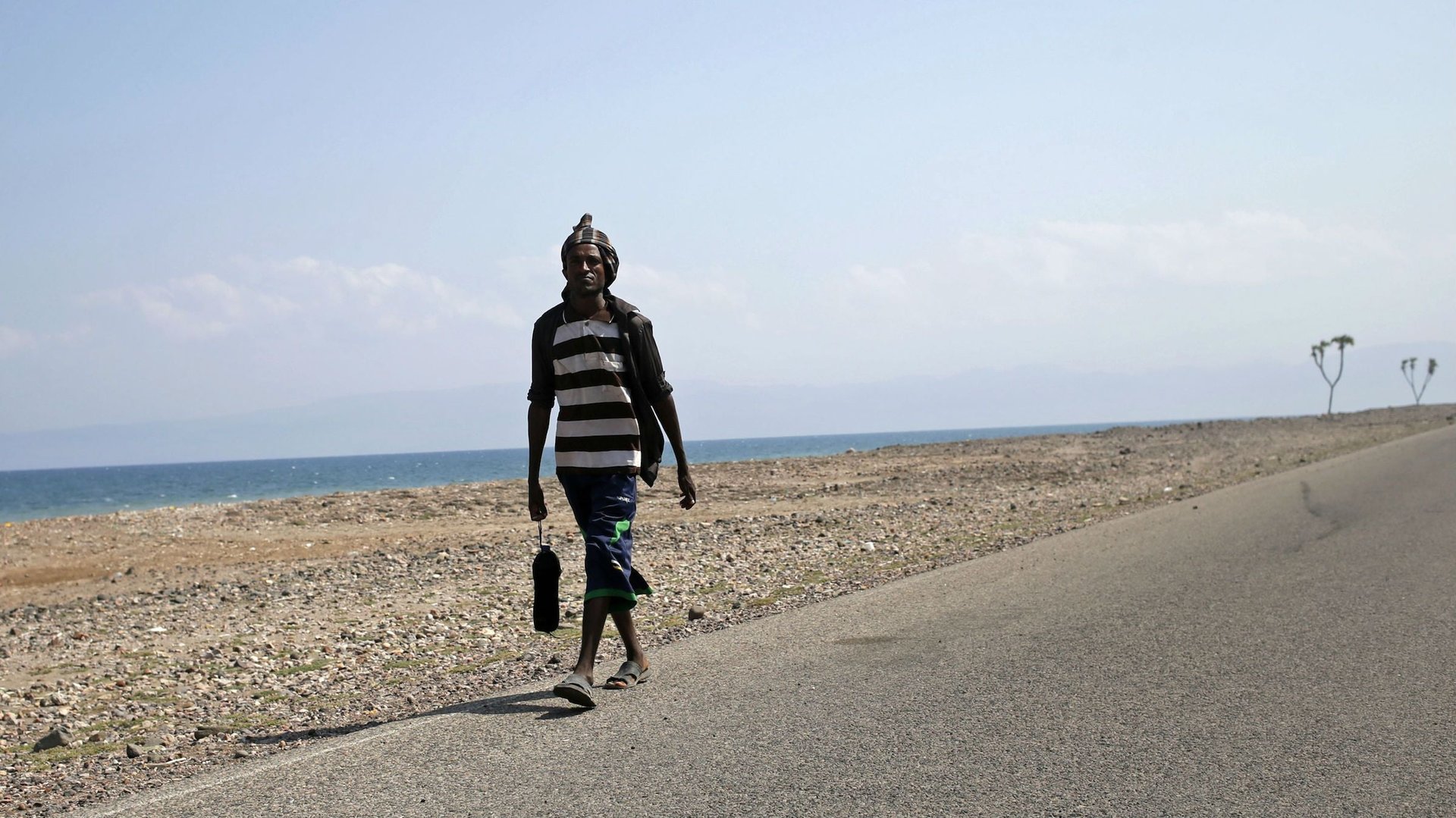World Bank projects have displaced over 3 million people around the world
World Bank financing is behind the displacement of millions of residents in Asia, Africa and in other emerging markets, sometimes harming the very people that the lender is tasked with helping, according to a new report by the International Consortium of Investigative Journalists (ICIJ).


World Bank financing is behind the displacement of millions of residents in Asia, Africa and in other emerging markets, sometimes harming the very people that the lender is tasked with helping, according to a new report by the International Consortium of Investigative Journalists (ICIJ).
The bank, formed after World War II to help promote development in poor or war-torn countries, admitted in March that it does not know how many people have lost their land or jobs because of World Bank projects, or if those that were relocated were compensated. “We took a hard look at ourselves on resettlement and what we found caused me deep concern,” Jim Yong Kim, the bank’s president, said at the time. Kim said a plan had been put into place to address the lender’s shortcomings.
According to ICIJ, which studied 7,200 World Bank financed projects between 2004 and 2013, at least 3.4 million people have lost their land or their jobs because of them and there’s little follow up on how these residents fare after they have been relocated.
In some cases, World Bank funding may have funded forced relocations that turned violent: two former Ethiopian officials told ICIJ that funds diverted from a $2 billion health and education initiative have gone toward mass evictions in western Ethiopia where soldiers raped and beat locals.
Of the studied World Bank projects, which range from dams to schools and oil pipelines, more than 400 caused the displacement of locals. This happened mostly in Asia and Africa: 2.72 million have been displaced in China, India and Vietnam, and almost 100,000 in Ethiopia.

Instances of displacement have increased over the years. According to a review of the bank’s projects released in March, 29% of World Bank projects (pdf, p. 12) in 2009 resulted in resettlement, up from 8% in 1993. Few of these are carefully tracked. An audit last year found that in over 60% of cases analyzed, “lacked information about the status of families after relocation.”
It may get worse. United Nations human rights officials have written to president Kim citing concerns that a soon to be launched development bank led by China, the Asian Infrastructure Investment Bank, could jump start a “race to the bottom” in development finance, pushing accountability standards lower.